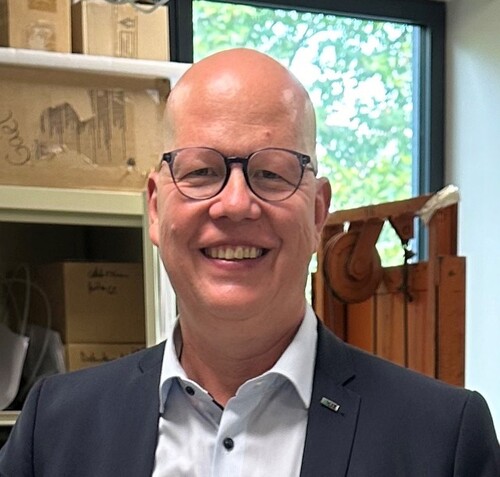Division IV - Natural and Built Environment
We create and impart knowledge for a future worth living in and with dignity for all.
We combine professional excellence with interdisciplinary thinking to answer major questions of relevance for society.
We develop sustainable solutions based on the diversity of our cultures, concepts and methods.
We inspire people and encourage talents.
KIT Division IV 'Natural and Built Environment' generates, teaches and applies knowledge about the changing Earth. This includes natural processes and developments as well as man-made changes and their impacts. To achieve this, research, teaching and innovation are bundled in strategic fields joining over 30 Institutes from architecture, civil engineering, geo- and environmental sciences, as well as meteorology and climate sciences. The scientists of Division IV explore, develop and teach local, regional and global solutions for a sustainable future. Teaching and acadamic affairs of Division IV are organized in the KIT departments of Architecture and Civil Engineering, Geo- and Environmental Sciences, while the mission-based large-scale research tasks are managed in frame of the Helmholtz program "Changing Earth-Sustaining our Future".
Understanding the world of today and shaping it for tomorrow
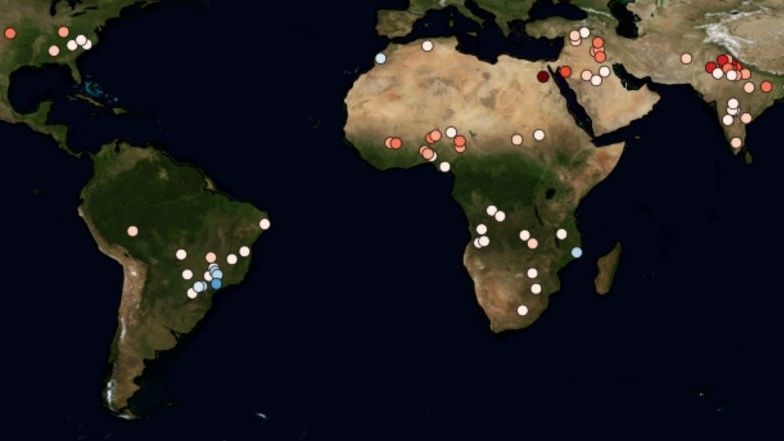
Researchers use machine learning to uncover accelerated warming in tropical cities and establish a basis for adaptation measures
Learn more
KIT researchers investigate potential material changes in wellbore cements – An important step for underground hydrogen storage
Learn more
An international measurement campaign led by KIT is exploring the dynamics of North Atlantic weather systems
Learn more
New Collaborative Research Center MYCO-BUILD researches and develops fungus-based construction materials – DFG funding of approximately 10 million euro
Learn more
KIT start-up "Rement" takes second place with innovative technology to process construction waste for reuse in concrete
Learn more
Discovered 25 years ago, now on public display for the first time: An exhibition at the State Museum of Natural History Karlsruhe commemorates the discovery of daliranite
Learn more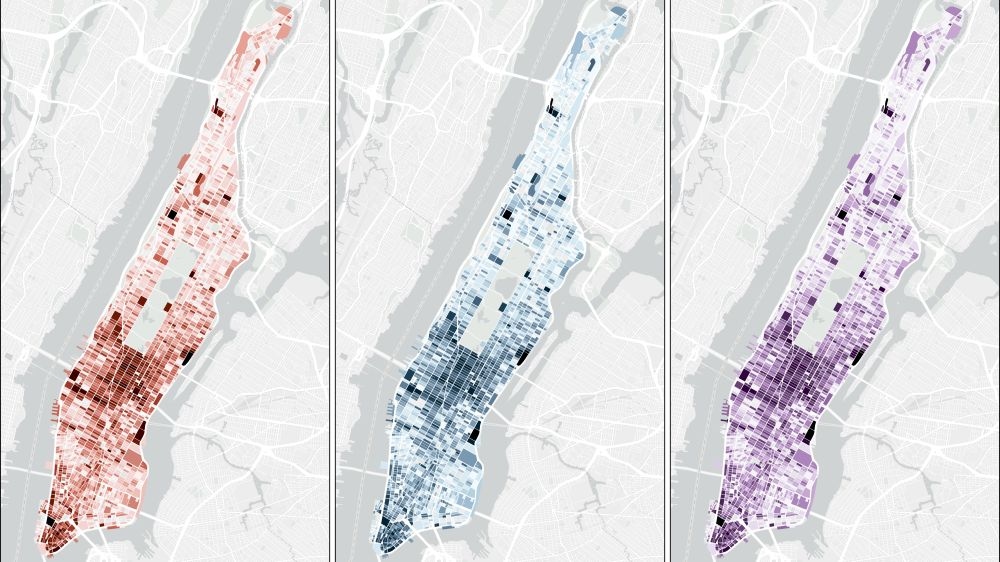
KIT researchers map Manhattan’s cooling systems and highlight potential for sustainable heating and cooling networks
Learn more
In the WOW project, KIT explores a novel AI approach to more accurately simulate how global climate change impacts local environmental systems
Learn more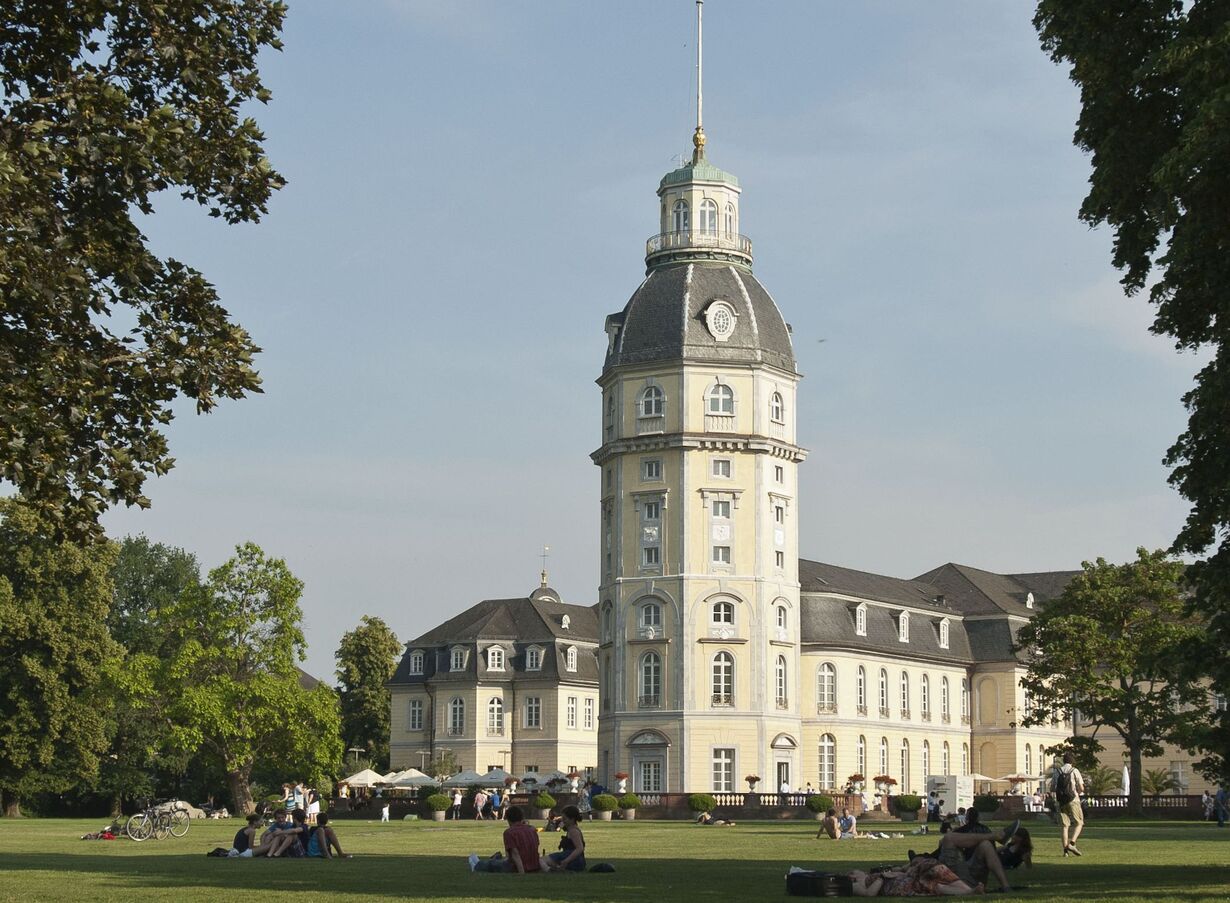
Contributions to sustainable urban development
link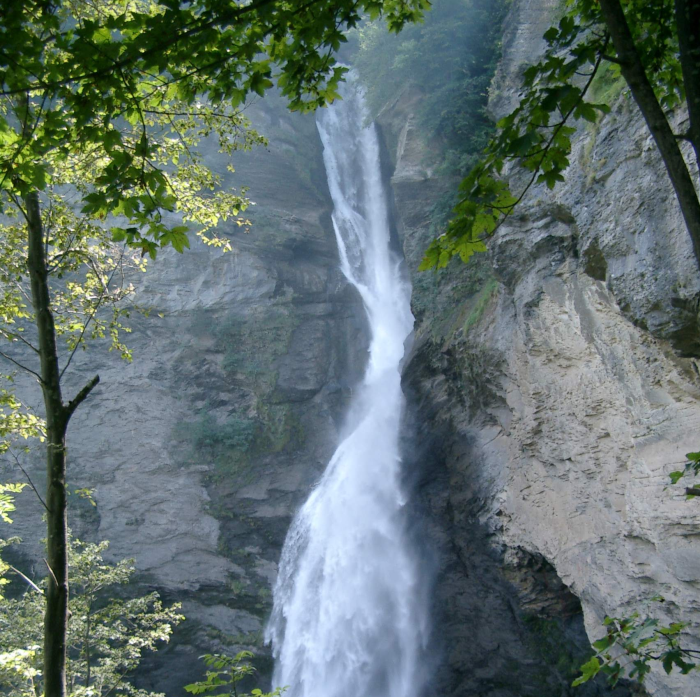
Sustainable concepts for the use and protection of water resources
link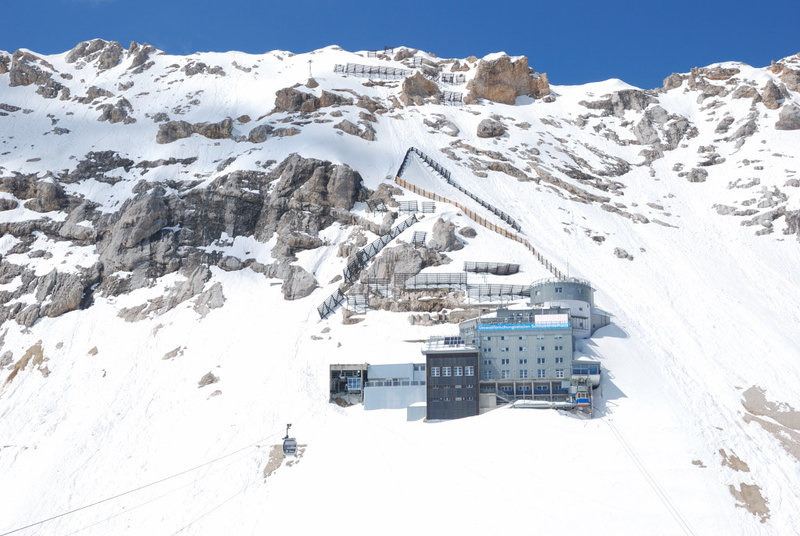
KIT - Member of the Consortium Schneefernerhaus
link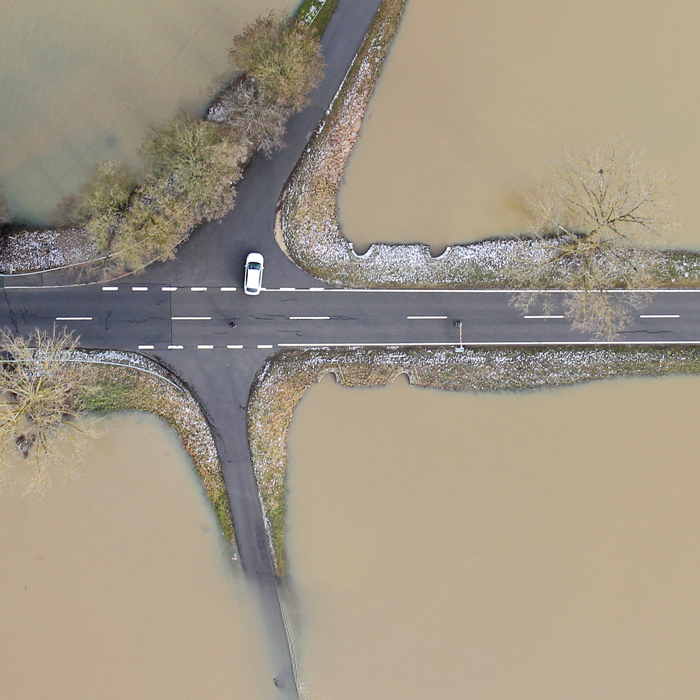
Interdisciplinary research at KIT on disasters, risks and security
link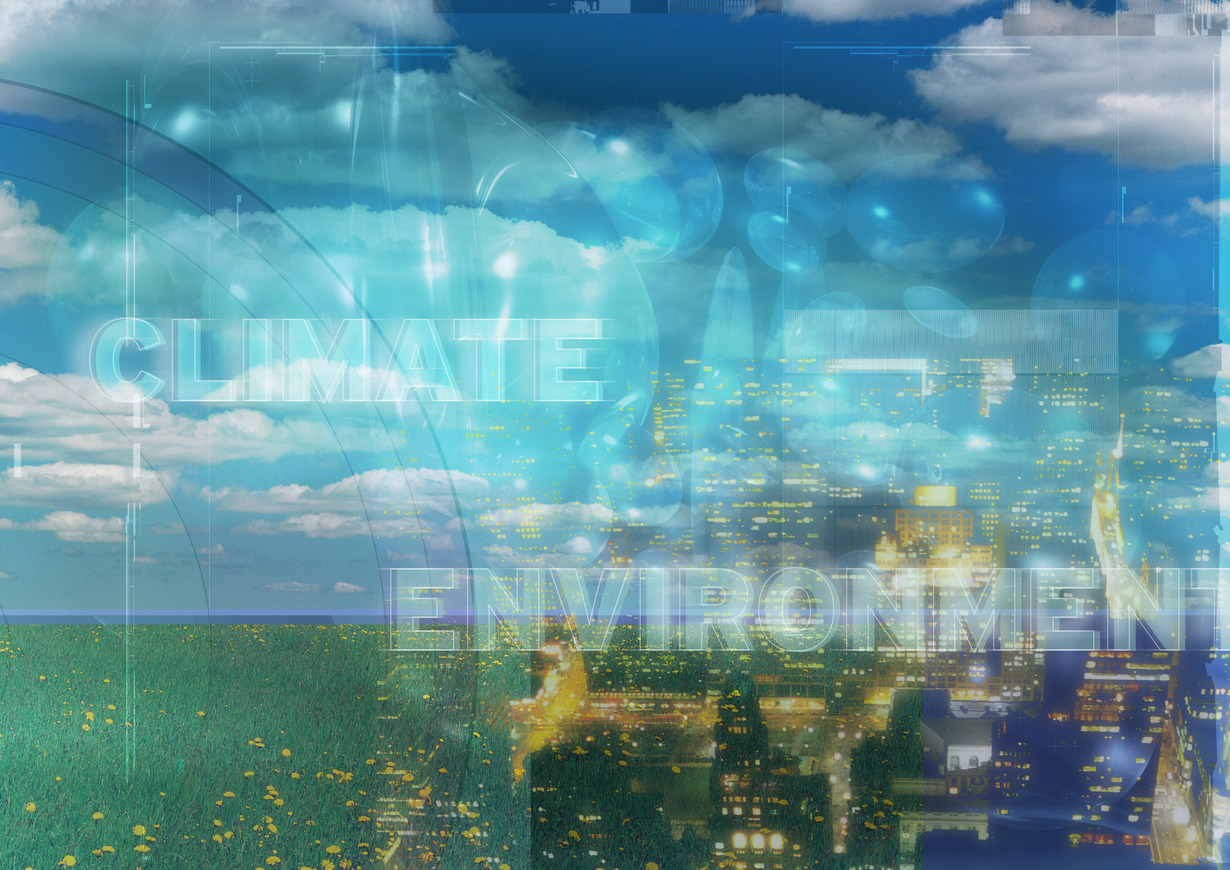
For an Environment Worth Living in
link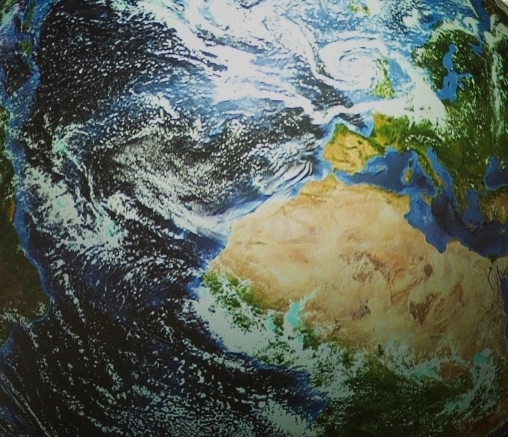
KIT works for the sustainability of our resources - in research, teaching and innovation
link
